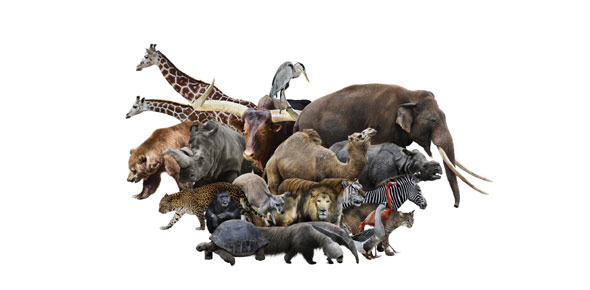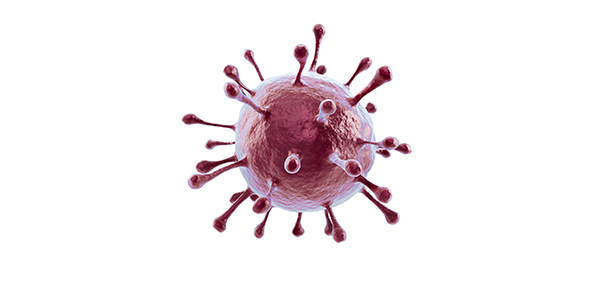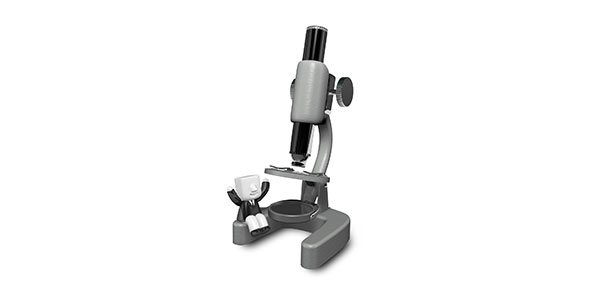Related Flashcards
Cards In This Set
| Front | Back |
|
What is disease?
|
any impairment that interferes with or modifies the performance of normal functions, including responses to environmental factors such as nutrition, toxicants, and climate; infectious agents; inherent or congenital defects; or combinations of these factors
|
|
Enzootic
|
disease of animals that occurs with predictable regularity and rate in a population or in an area
|
|
Epizootic
|
disease in animals that is occurring in a time or place where it is not expected, or at a rate greater than expected on past experience
|
|
Pathogen
|
disease spreading agent
|
|
Vector
|
An invertebrate that transmits an infectious agent among vertebrates and in which the agent multiples or completes some required portion of its life cycle
|
|
Reservoir
|
one or more epidemiologically connected population or environment in which an infectious agent can be permanently maintained
|
|
Intermediate host
|
host in indirect transmission cycles in which sexual replication of the agent does not occur
|
|
Definitive host
|
host in agent’s life cycle in which the agent undergoes sexual replication
|
|
Dead-end host
|
species that can be infected by a disease agent, but does not maintain the agent
|
|
Epizootiology
|
how” and “why” of diseases; science dealing with the character, ecology, and causes of disease outbreaks in animals
|
|
Epidemiology
|
study of disease in populations and the factors that determine its occurrence
|
|
Etiology
|
cause of disease; things leading up to disease
|
|
Infectious agents
|
gain entry inside the host organism; replicate inside
|
|
Non-infectious disease
|
don't always replicate within host; may be inside an organism but are not passed on (chemicals, cancer, nutrition, old age, genetics)
|
|
Contagious
|
capable of being transmitted from one individual to another Not all infectious diseases are contagious (Aspergillosis (infectious fungal disease but cannot be spread from one animal to another)
|







